No products in the cart.
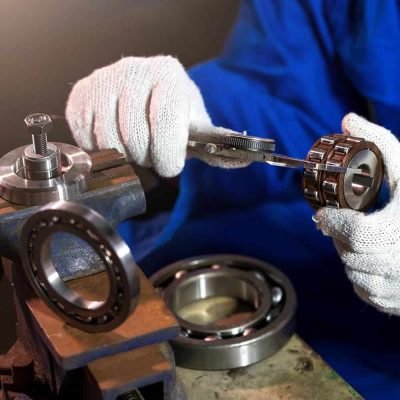
March 13, 2025

Become a valued dealer! Share your details below to get access to our wide range of high-quality products and grow your business with reliable support from RCBearings.

Become a valued dealer! Share your details below to get access to our wide range of high-quality products and grow your business with reliable support from RCBearings.
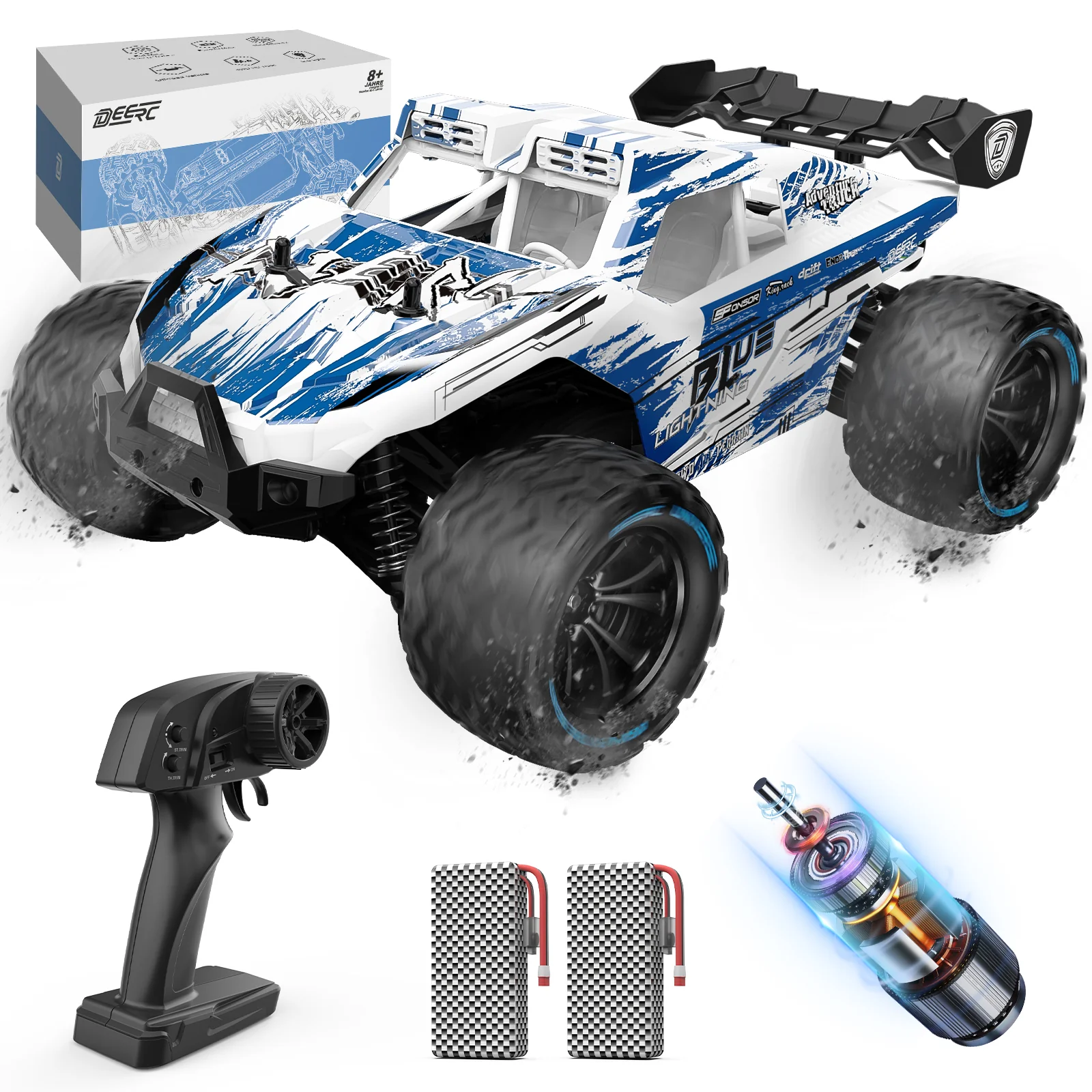
Your car’s engine is the heart of your vehicle—and just like with health, catching early warning signs can save you from costly repairs. Ignoring engine issues can lead to complete breakdowns, higher repair bills, or even permanent engine damage. To help you stay ahead, here are the top warning signs of serious engine problems every car owner should watch out for.
Engines are designed to run smoothly, so if you hear knocking, ticking, grinding, or popping sounds, it’s a clear sign something is wrong.
Knocking sounds may indicate worn-out bearings or poor lubrication.
Clicking/ticking often points to issues with the valve train or low oil levels.
Grinding or screeching could signal belt, pulley, or internal component damage.
Pro tip: Don’t ignore unusual noises—get them checked before they lead to complete engine failure.
Your exhaust can tell you a lot about your engine’s health. Different smoke colors often signal different problems:


Your car’s engine is like its heartbeat—when it’s healthy, your vehicle runs smoothly, but when something is wrong, it quickly makes itself known. Spotting the early signs of engine trouble can save you from costly repairs and unexpected breakdowns. Here are the top signs you should never ignore.
Engines rarely fail without warning—they give you signs. By paying attention to lights, noises, smoke, performance changes, and leaks, you can prevent a small issue from becoming a major (and expensive) engine repair.
One of the first indicators that something is wrong is unusual sounds coming from under the hood. While a healthy engine should run smoothly, knocking, ticking, or grinding noises usually mean trouble. A persistent knocking sound often points to worn-out bearings or problems with the combustion process, while ticking noises may suggest low oil levels or issues with the valve train. Grinding or metallic sounds are even more concerning, as they can indicate severe internal damage. If your engine suddenly starts sounding different, it’s always best to have it checked immediately.
The color and thickness of your exhaust smoke can reveal a lot about your engine’s health. Blue smoke usually means that the engine is burning oil, often caused by worn piston rings or valve seals. White smoke may point to coolant leaking into the combustion chamber, which is a strong sign of a blown head gasket. Black smoke, on the other hand, indicates that the engine is burning too much fuel due to clogged air filters, faulty injectors, or other fuel system issues. While a little steam on a cold morning is normal, persistent smoke is always a red flag.
While warning signs help you detect issues early, the best approach is to prevent them altogether. Regular maintenance is the key to keeping your engine healthy. Start with timely oil and filter changes, as clean oil ensures proper lubrication and reduces friction. Keep an eye on coolant levels to avoid overheating, and make sure your belts and hoses are inspected during routine services. Using the right type of fuel and engine oil recommended by your manufacturer also goes a long way in extending engine life. Lastly, avoid aggressive driving habits—such as hard acceleration and sudden braking—that put unnecessary stress on your engine. A little care today can prevent major headaches tomorrow.
Here are some of the best ways to prevent engine problems:
Change your oil and filters regularly – clean oil reduces friction and prevents wear.
Monitor coolant levels – keeping the cooling system in check helps avoid overheating.
Use the manufacturer-recommended fuel and oil – the right quality ensures optimal performance.
Inspect belts, hoses, and spark plugs – small parts can cause big issues if neglected.
Pay attention to dashboard warnings – never ignore the check engine light or oil pressure alerts.
Drive gently – avoid harsh acceleration and sudden stops that put strain on your engine.

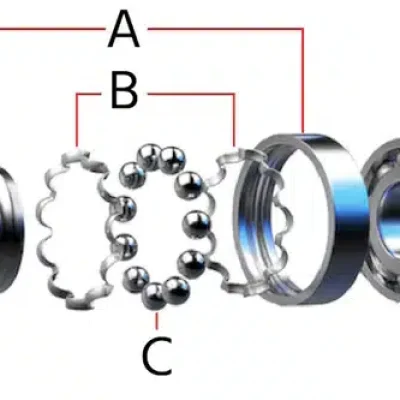
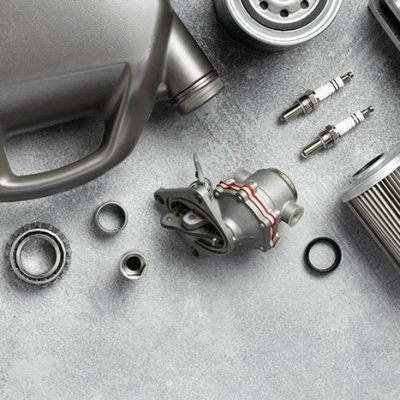
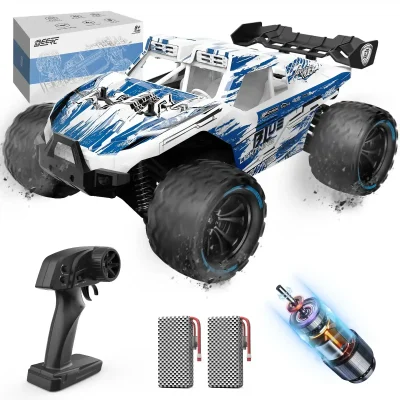
RCBearing provide high-precision, high-quality anti-friction Bearings with exclusive range.
© 2025 RCBearing . All Rights Reserved.
